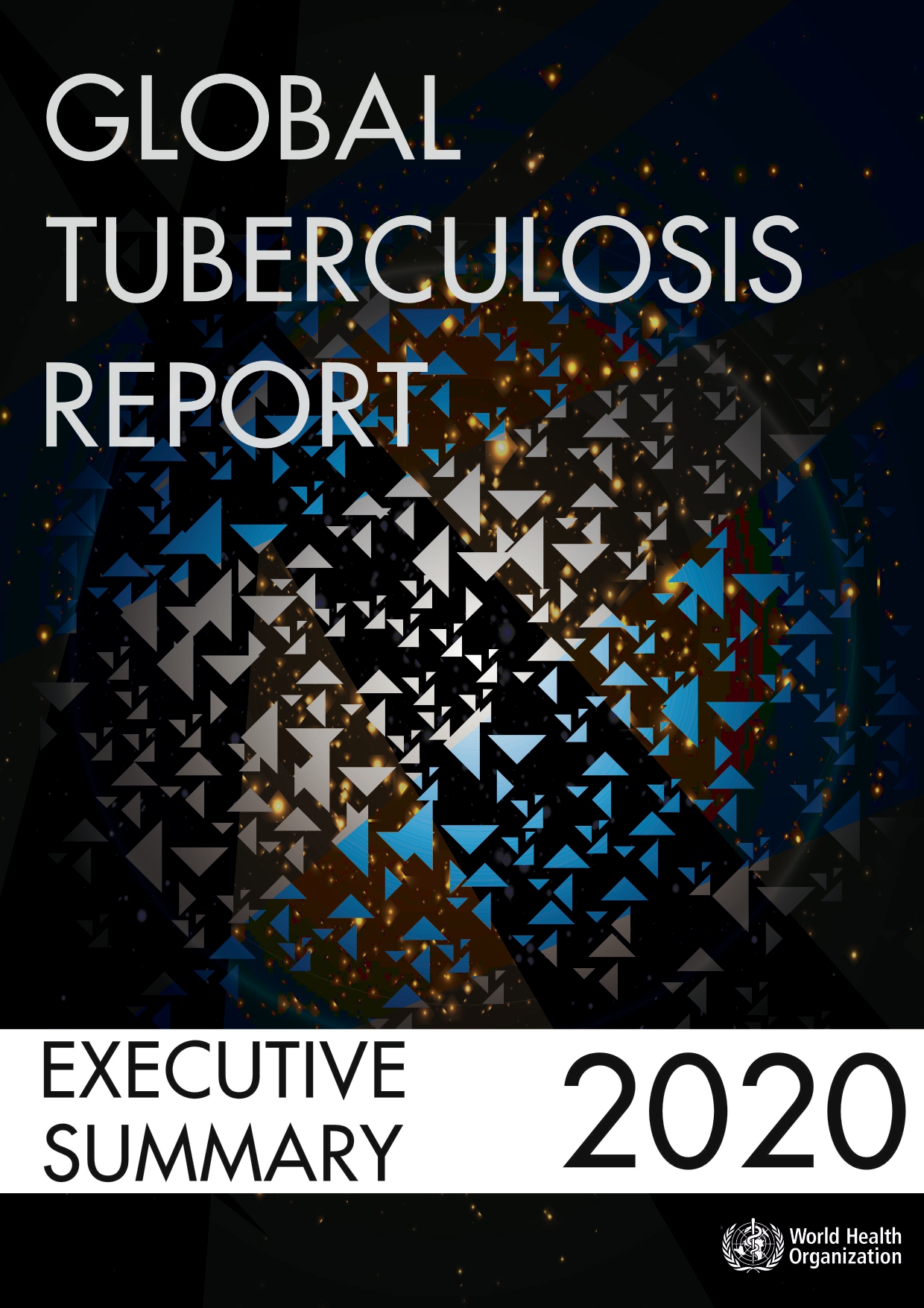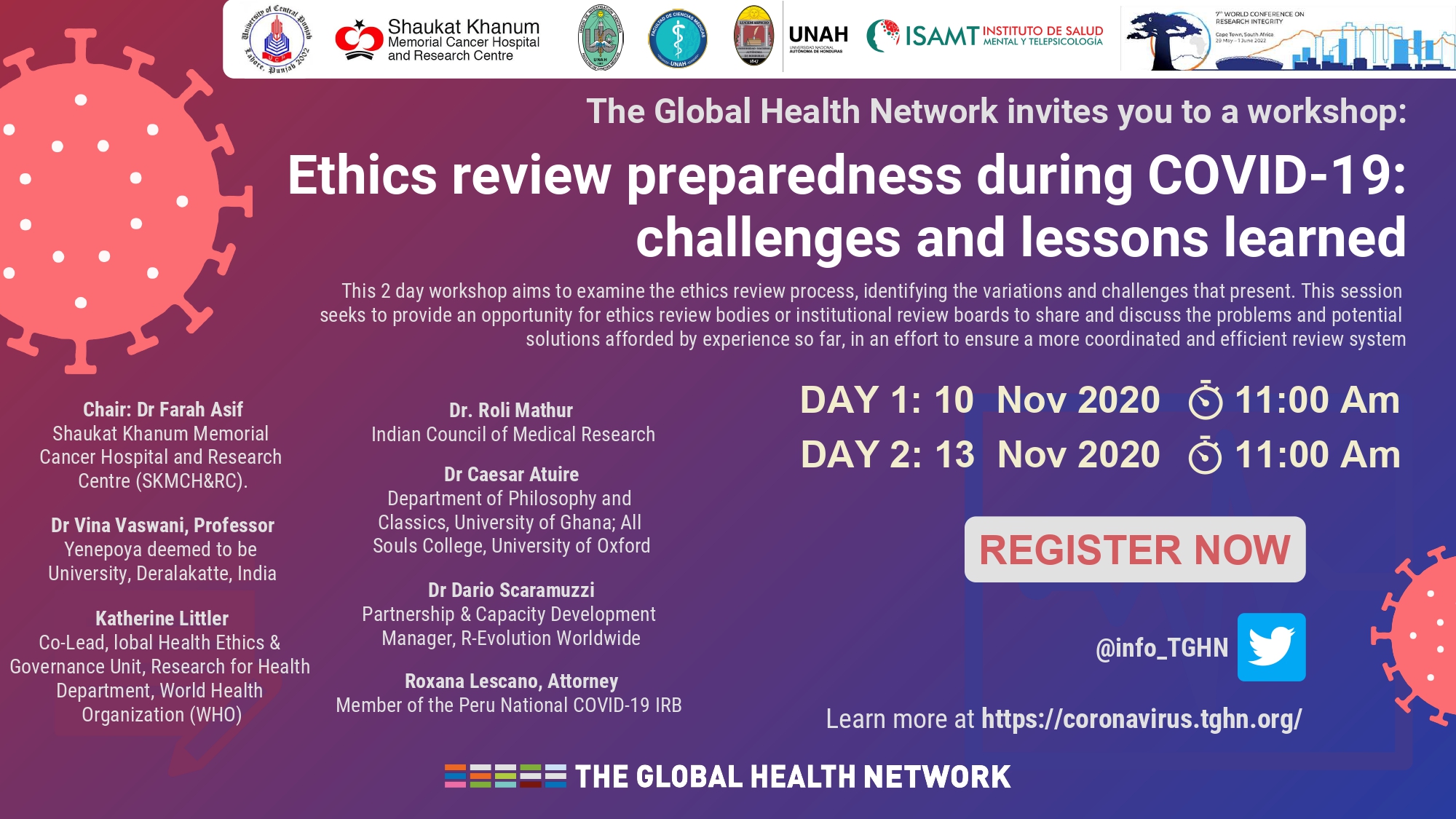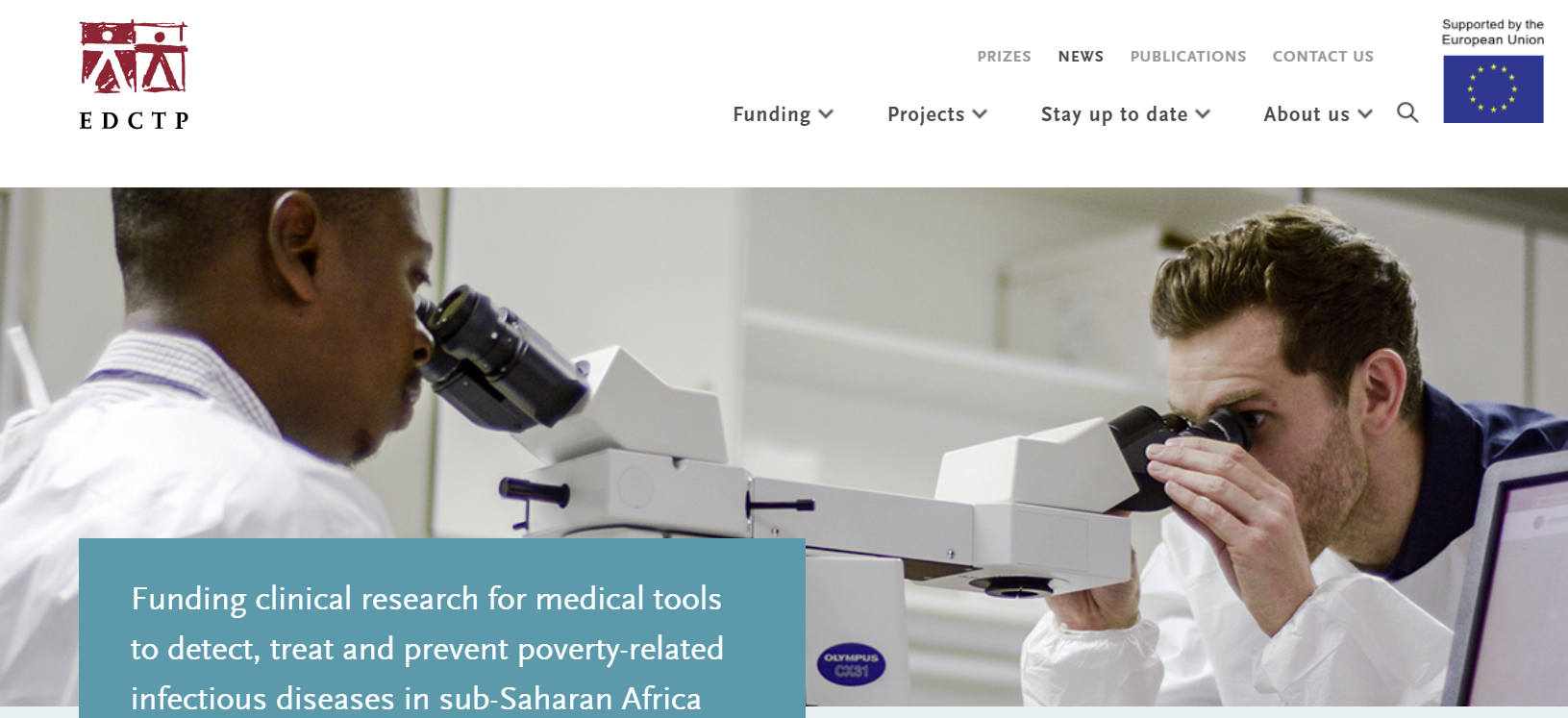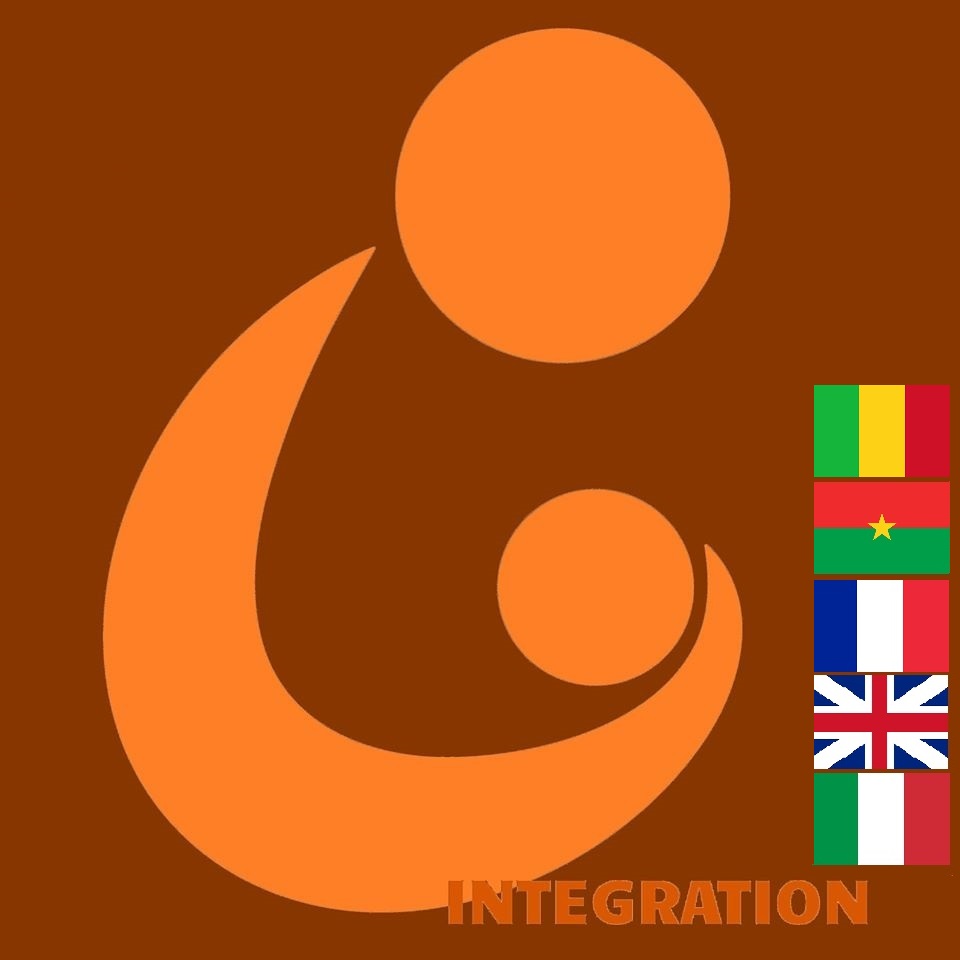The COVID-19 pandemic threatens to reverse recent progress in reducing the global burden of Tuberculosis

The COVID-19 pandemic threatens to reverse recent progress in reducing the global burden of tuberculosis. The global number of deaths for tuberculosis could increase by around 200.000–400.000 in 2020 alone,








